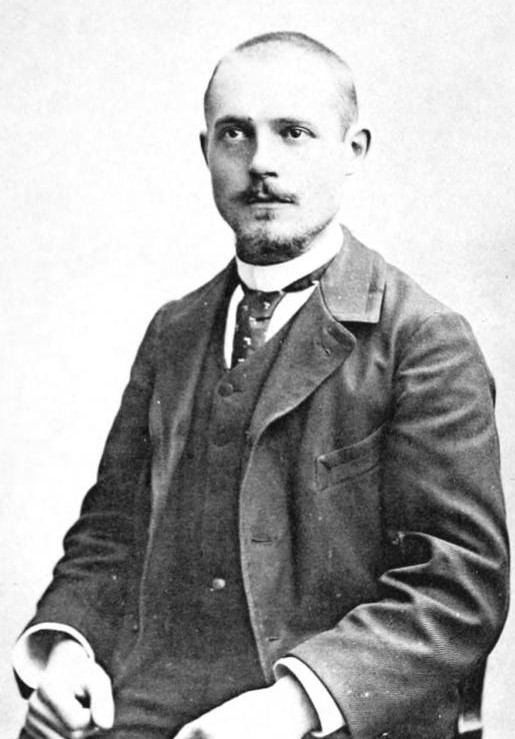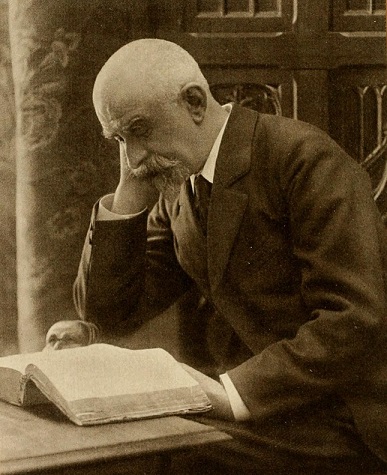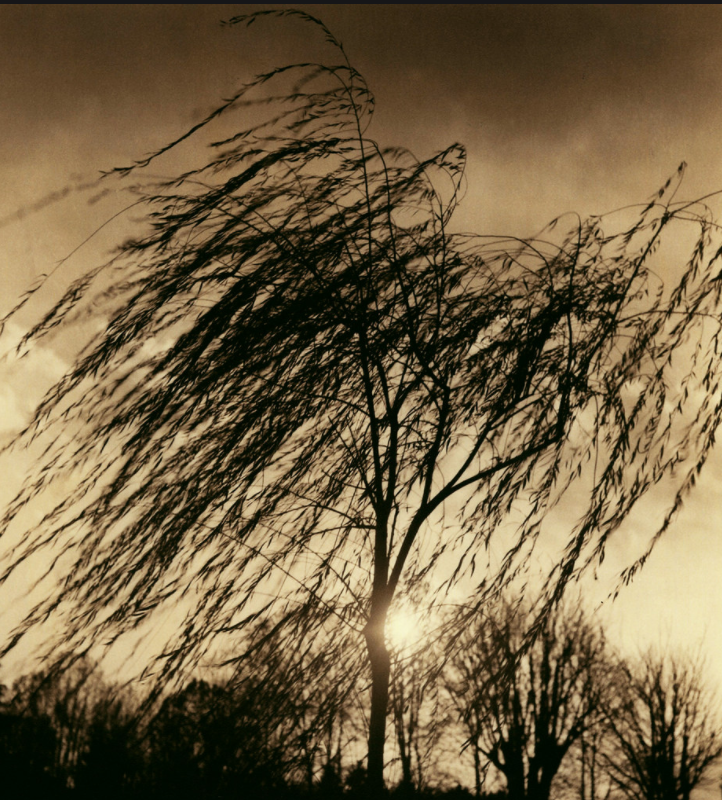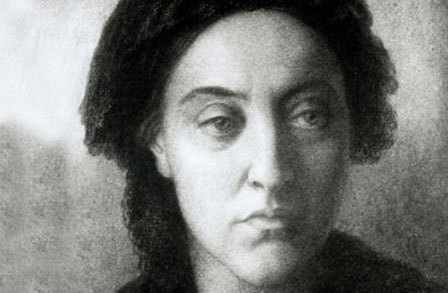I am, says God, Master of the Three Virtues.
Faith is a faithful wife.
Charity is an ardent mother.
But hope is a tiny girl.
I am, says God, the Master of Virtues.
Faith is she who remains steadfast during centuries and centuries.
Charity is she who gives herself during centuries and centuries.
But my little hope is she
Who rises every morning.
I am, says God, the Lord of Virtues.
Faith is she who remains tense during centuries and centuries.
Charity is she who unbends during centuries and centuries.
But my little hope
is she who every morning
wishes us good day.
I am, says God, the Lord of Virtues.
Faith is the sanctuary lamp
That burns forever.
Charity is that big, beautiful log fire
That you light in your hearth
So that my children the poor may come
and warm themselves before it on winter evenings.
…………
But my hope is the bloom, and the fruit, and the leaf, and the limb,
And the twig, and the shoot, and the seed, and the bud.
Hope is the shoot, and the bud of the bloom
Of eternity itself.
………….
The faith that I love best, says God, is hope.
Faith doesnt surprise me.
Its not surprising
I am so resplendent in my creation. . . .
That in order really not to see me these poor people would have to be blind.
Charity says God, that doesnt surprise me.
Its not surprising.
These poor creatures are so miserable that unless they had a heart of stone, how could they not have love for one another.
How could they not love their brothers.
How could they not take the bread from their own mouth, their daily bread, in order to give it to the unhappy children who pass by.
And my son had such love for them. . . .
But hope, says God, that is something that surprises me.
Even me.
That is surprising.
That these poor children see how things are going and believe that tomorrow things will go better.
That they see how things are going today and believe that they will go better tomorrow morning.
That is surprising and its by far the greatest marvel of our grace.
And Im surprised by it myself.
And my grace must indeed be an incredible force.
French poet Charles Péguy 1912, a portion of his long poem

Suffering, honor, tenderness: Péguy seems to have come to an understanding through this experience that pain and even a vulnerability to sinfulness often are the only ways to open up channels by which real grace can reach us, particularly those of us who think our faith and morals are already enough. —Royal, Robert. The Mystery of the Passion of Charles Péguy





Recent Comments